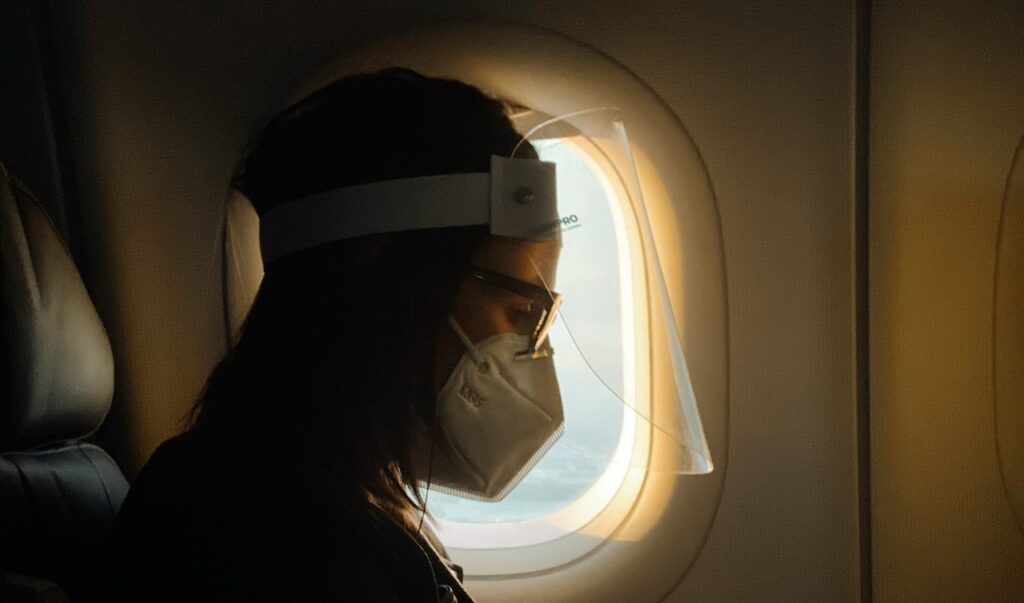Everybody is at risk of contracting COVID-19, but those who have compromised immune systems are going to be more susceptible to the illness.
Those with kidney transplants are required to take immunosuppressant medicine to stop their bodies from rejecting the new kidney. A weaker immune system results in a higher risk of contracting COVID-19. However, by diligently washing their hands, implementing the recommended protective guidance, and taking supplemental vitamins under the consultation of their nutritionist, CKD patients can mitigate their risk of contracting it.
How To Cope
Minimize time spent in public places such as supermarkets by ordering groceries online to be delivered at your door. If this isn’t possible, you can ask friends, family, or neighbors to deliver groceries to you. If you can, stock up on non-perishable supplies so you don’t need to go out as often.
Stay home, or limit physical contact with others as much as you can. This is especially important if there is an outbreak in your area, so make sure you stay up-to-date with the news and now how many cases are confirmed in your local area. Avoid crowds, and if you do have to go out, keep a good distance between yourself and others as much as you can.
Avoid touching your face, and wash your hands often. Hot water, soap, and twenty seconds are the best basic measures for protecting your health in general. If hand soap isn’t available, then use an anti-bacterial hand sanitizer with at least 60% alcohol.
If at all possible, avoid taking public transportation; it is typically crowded, and all surfaces are at least minimally contaminated by the general public. If you can, work from home to avoid your commute and the associated risks. If you must take public transportation, make sure to wash your hands thoroughly once you arrive at your destination.
On the bus or train, wear a mask, carry hand sanitizer, and stay as far from others as you can. Try to avoid touching things like door release buttons or handrails with your bare hands if possible.
If you use taxis, wipe down everything that you will touch, including the seat and seatbelt, with a disinfectant wipe. Don’t touch your face while you’re in the car. When you arrive, use hand sanitizer or wash your hands.
No matter how worried you are, do not miss your treatments, especially if you are on dialysis. For those undergoing CKD treatment, you can use a remote patient monitoring program which gives you a remote monitoring system and patient care remotely. This not only gives you versatile personal care, but can also decrease your healthcare delivery costs.
Awareness
COVID-19 is still a relatively new illness, so as yet, all research on it is still fairly new. As people recover, more information about the long-term effects is improving, but as yet, extensive research is still on the way.
Even if you are worried about the effect your medicine may have on your immune system, it is essential that you do not stop taking the drugs that your healthcare professional has recommended for you. Omission of taking your routine medicine could lead to far more serious problems with your health than the possible complications of COVID-19 could introduce.
Before making any changes to your medication or treatment plan, speak with your health physician. There may be some possible adjustments to minimize your risk, but you must only do so with the advice, and under the care of your transplant team or healthcare professional.
If you are concerned, a healthcare professional can advise you on the risks, and what precautions you can take to minimize your exposure to the virus. Whatever they suggest, follow their advice, and make sure that you are not putting yourself at unnecessary risk. Your Doctor is the best person to help you stay safe.

